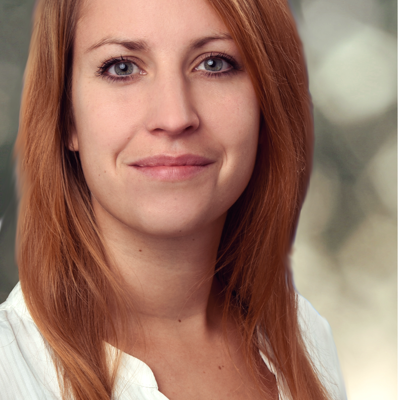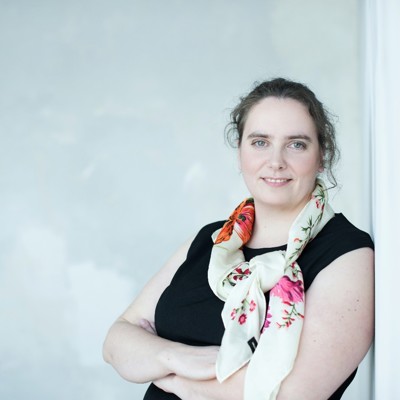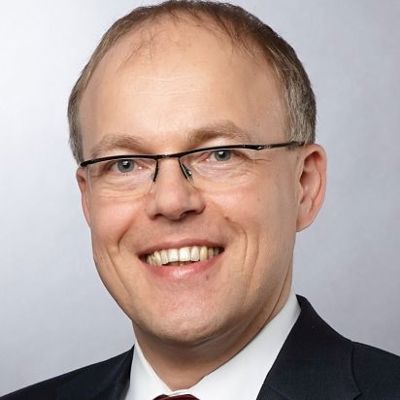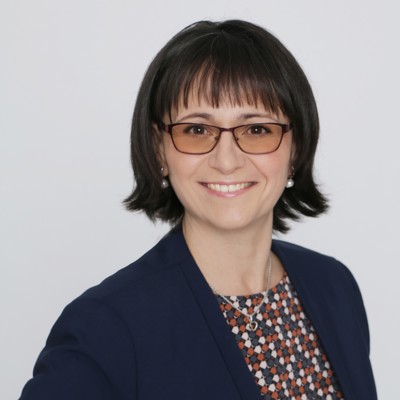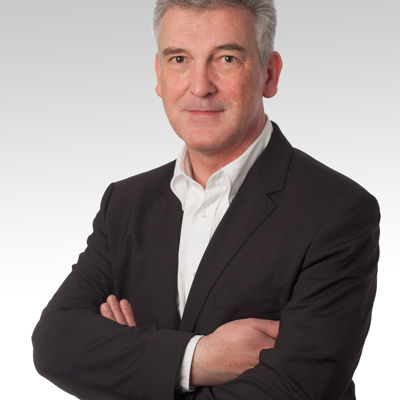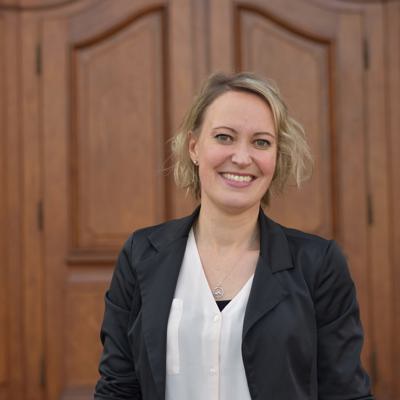April 26, 2023, 10:10 am – 10:40 am
Lightning Talks: Fresh ideas for teaching and learning
"Hybrid concept projects in InnoMa - Let's research, understand & optimize hybrid teaching concepts!"
Sabrina Navratil, Samuel Wissel
The InnoMA project finds answers to question such as “What role(s) will students play in the teaching of the future?” aiming to support and research innovative digital teaching projects at the University of Mannheim. Hybrid teaching concepts have become the norm but they don't always work to the satisfaction of everyone involved - a topic that concerns many university members. Many teachers implement different digital teaching formats, such as instructional videos, forums, quizzes, study questions as well as VR technology. However, it often remains unclear whether these digital teaching elements are used in the way the teachers intended. Therefore, another focus are the students. It seems understandable that, compared to face-to-face events, hybrid teaching concepts require the ability for self-regulated learning (SRL) to a large extent, which can lead to a major challenge during the learning process. However, as we already know, students differ in their ability to SRL, as they even tend to use ineffective strategies (Blasiman, Dunlosky & Dawson, 2016) as these are often not taught in advance (Bjork et al., 2013). It is self-explanatory that hybrid teaching concepts enable students to learn more autonomously, but simultaneously this can be associated with more requirements to use their learning skills in a self-controlled and regulated manner (van Alten, Phielix, Janssen & Kester, 2020). In InnoMA we examine this usefulness and effect of digital teaching elements and check whether they are in line with the goals of the teachers. From the student perspective using self-report measurements in order to gain further important insights and the influence the students' self-reported self-efficacy. For this purpose, information about the experiences with the planning and implementation of digital teaching in the supervised teaching projects is obtained and exchanged in a targeted manner via joint events in order to learn from and benefit from one another.
////
"International, digital, educational experience – International Summer School "Soil and Water"
Daniel Schropp, Eva Keppner
Teaching at university level is usually carried out at one location and is not internationally positioned. For this reason, a group of lecturers from 5 different European universities joined forces to teach together at different locations around the topic "soil and water". The main contents were related to soil and plant ecology in the light of climate change and human influence on ecosystems. However, not only technical aspects were taught, but also social topics, science communication and didactic aspects of knowledge transfer in connection with ”soil and water” were focused. Every teacher contributes his or her specific expertise on this field. The participating students also came from the five participating universities with different educational backgrounds. Short instructional videos were made available to the students in advance via a learning platform and served as preparation for the excursion part. The focus of the event is a 10-day excursion during which the students should experience their theoretical knowledge in practice. The place of the excursion changed every year, Therefore, the focal points changed annually. We also include teamwork in smaller groups of students, discussions and practical projects. In order to ensure the learning success, the students created video diaries about one day of excursion each. These videos were finally collected and made available to all participants via the learning platform.
Besides of teaching and learning topics, this activity shall contribute to the aim to improve the social and educational value of European cultural heritage and social cohesion. The focus on the public communication will underpin the importance of Europe's cultural heritage through lifelong and non-formal learning. Within our Summer School, we also focus on intercultural cooperation and we want to encourage students to work beyond their comfort zone and learn and discuss in English and get incontact with students from other European countries.
This programme item is related to a public funding by Stiftung Innovation in der Hochschullehre (StIL).
////
"Innovating Business Education for Responsible Global Minds"
Stefanie Halwas
This Lightning Talk will present the Erasmus+ project. The project envisages a landmark innovative approach to the integration of internationalization (IoI), social entrepreneurship (SE), and ethics, responsibility, and sustainability (ERS) as the defining lens for business curricula in response to societal challenges and the
increasing need for companies to become sustainable. The project addresses the need of the partners to enhance their capability for systematic
alignment of their curricula with the needs of students and companies which have been co-created in dialogue with the associated local student organizations
and local international businesses. It furthermore inspires both business schools and other disciplines to develop integrated learning pathways that help students to connect the dots between their field of study, IoI, SE, and ERS, and apply these in their professional careers.
In the lightning talk, the structure of the project, the cooperating partners, the cornerstones of the process, the intended results, and how they are connected to studying programs on the example of the TH Köln will be shown. We would like to invite all festival guests to participate in this project.
////
"The crucial role of reflection during a traineeship: How to empower students to develop future skills?"
Thomas Berger, Dr. Cvetanka Walter
Based on our years long experience and research findings we will explore why and how online reflective practice can empower students to intentionally develop their competences (future skills) during a traineeship.
The examples are derived from a tutored online course, “Hands-on-Learning - Practical preparation for an intercultural workplace” which is integrated into the Erasmus traineeship programm. Competence Pass (CP) is a voluntary reflective journal which supports students to prepare consciously for an action that they can soon test out. When students engage in anticipatory reflection, they can make progress on critical engagement with their traineeship, feel more aware of their strengths and weaknesses and co-create their learning experience more intentionally.
You will leave the talk with a copy of CP which you can adapt to your needs in order to empower your students’ future skills development.
This programme item is related to a public funding by Stiftung Innovation in der Hochschullehre (StIL).
////
"A Student-Run Business to Teach Entrepreneurial Skills - "Culinary Coffee" @ DHBW HN"
Ralph Scheubrein
To support teaching entrepreneurial skills, we designed and founded a “real” company named “Culinary Coffee eG”. Two aspects of the design of this company are especially noteworthy. First, the company is organized as a cooperative, meaning all students participating become actual co-owners of the company. Second, the company is fully integrated into the curriculum by the means of accredited modules. The talk reports on the experiences with this teaching construct.
Speaker
Track
Learning & Skills
Room
Lightning Stage
Language
EN
